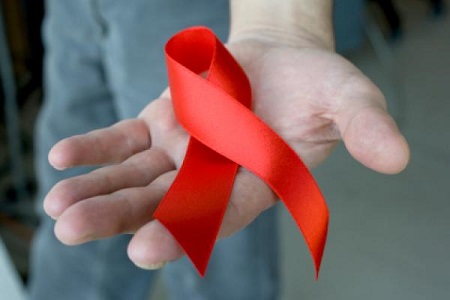Gov’t steps up fights against AIDS as disease spreads in Georgia

As people around the globe marked World AIDS Day yesterday, Georgia announced it would step up its fight against the deadly disease and offer free screening for all people in Georgia for the next three months.
World AIDS Day – celebrated annually on December 1 – aimed to unite international efforts to fight the Acquired Immune Deficiency Syndrome (AIDS). In Georgia, health authorities said they planned to "take big steps” to combat AIDS after figures revealed growing numbers of people contract the disease each year.
AIDS is a disease that can only be developed in people who earlier contracted the HIV virus.
The Ministry of Health of Georgia launched a three-month, free AIDS screening program, through which special, medical cars have been send nationwide. All people in Georgia are welcome to visit the mobile clinics and enjoy a free AIDS test.
In capital Tbilisi the medical vehicles are situated at Rustaveli Square and near Station Square.
If a person was found to have the disease, the Georgian Government will take responsibility to finance the cost of treatment, said the Health Ministry.

Ministry of Health hosted a conference about AIDS yesterday. Photo by the Health Ministry of Georgia.
The aim of this initiative was to reduce the number of people with AIDS in Georgia. In recent years the number of AIDS sufferers had increased, health officials said.
Official figures stated 5,331 people in Georgia were living with AIDS however it is believed more people have the virus but are unaware as they have not visited medical centres for screening.
According to the Health Ministry, in the first 11 months of this year 676 new cases of AIDS were revealed. In 2014 564 people were diagnosed with the illness.
The United Nations (UN) claimed the number of people living with AIDS had doubled compared to 2010 and reached nearly 16 million.
According to the World Health Organisation, HIV is a virus that infects a person and AIDS is the disease that later develops in people with HIV. AIDS is transmitted primarily via unprotected sexual
intercourse, contaminated blood transfusions, hypodermic needles and from mother to child during pregnancy, delivery, or breastfeeding. Some bodily fluids, such as saliva and tears, do not transmit the disease.
 Tweet
Tweet  Share
Share